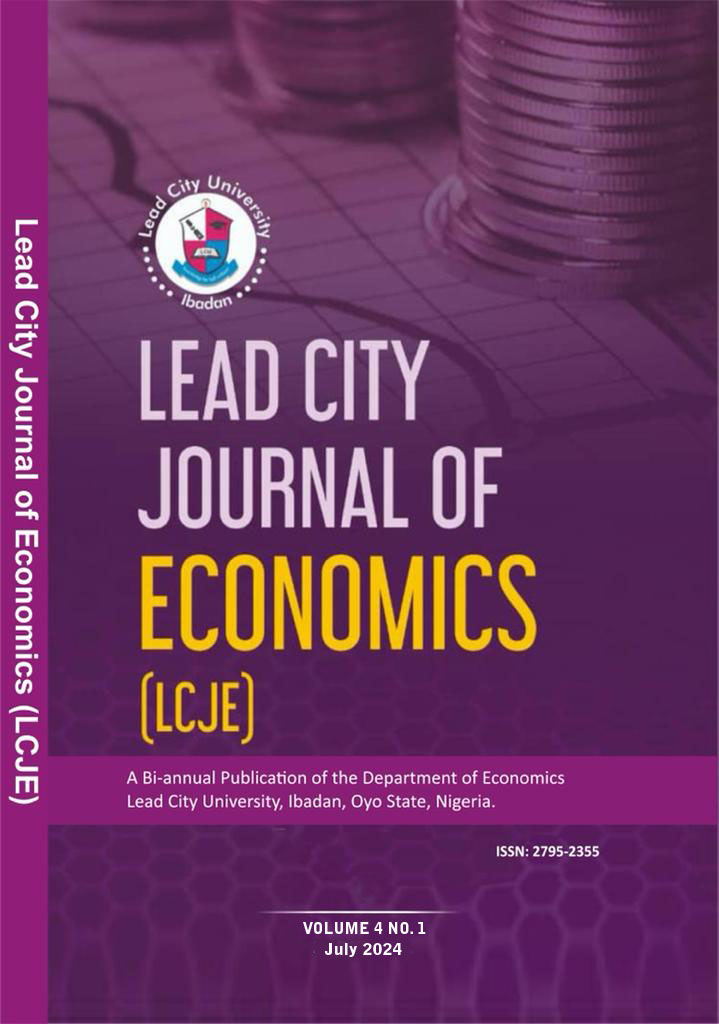Human Capital and Inclusive Growth in sub-Saharan Africa: A Panel System GMM approach
Keywords:
Human capital input and output, output per worker, equality, income growth, employment, inclusive growth indexAbstract
In recent decades, scholarly focus has shifted toward understanding the
macroeconomic effects of human capital development on economic growth.
Although human capital development is widely recognized as a catalyst for
growth, studies on its relationship with inclusive growth in sub-Saharan
Africa (SSA) remain scarce and contradictory, largely due to the inadequacy
of GDP growth as a measure of inclusiveness. This study examines the
relationship between human capital input and output factors and inclusive
growth in 32 SSA countries from 1999 to 2021. Using a panel system
generalized method of moments (GMM) estimation, the results indicate that
government health spending adversely affects inclusive growth in SSA,
suggesting that inadequate public health expenditure is significantly
associated with the region's low output growth, high unemployment, and
rising inequality. Furthermore, human capital output factors, specifically
primary and secondary school enrolment and infant mortality, also exert a
negative effect on inclusive growth. These findings provide further empirical
validation for the deficiencies in the region’s human capital development
programmes. The study concludes by underscoring the need for governments
to increase investment in and improve access to quality education and
healthcare to address inequality and promote growth and employment. It also
emphasizes the importance of implementing labour market reforms to foster
holistic development in SSA.

